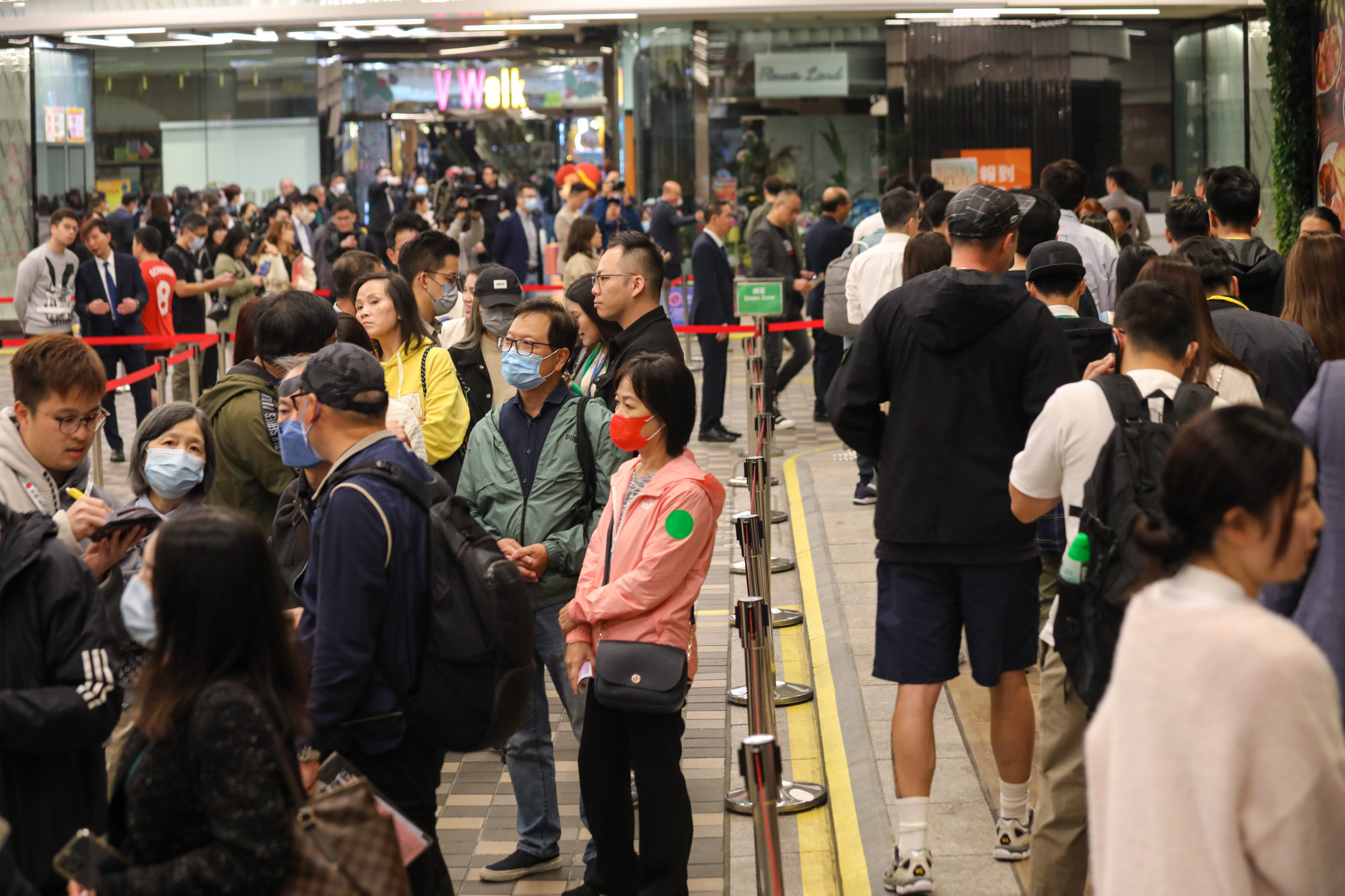
13% Hongkongers think it is a ‘good time’ to buy property, second highest level of optimism on record, Citi survey shows
- A Citi Hong Kong survey found that 13 per cent of the respondents think it is the ideal time to buy a home, down from 16 per cent in September 2022
- The survey, of 1,100 respondents, also found that fewer residents expect property price increases in the next 12 months
The number of Hongkongers who say it is a “good time” to buy a house fell three percentage points in September from a year ago, according to a study conducted by Citi Hong Kong, but it is the second most optimistic result recorded in the past 11 years.
A Citi Hong Kong survey conducted in September found that 13 per cent of the respondents think it is the ideal time to buy a home, down from 16 per cent a year ago. The survey held via telephone and street interviews with 1,100 people, also found that fewer residents expect increases in the prices of dwellings in the next 12 months. In the survey conducted in 2021, only 4 per cent of respondents thought it was an ideal time to purchase a house.
Citi has been holding the survey since 2010 to assess the state of home ownership in Hong Kong, gauge public sentiment regarding home ownership and track public expectations of future housing price trends.

“While the percentage of respondents considering now a good time to enter the market has remained historically high, many respondents have a wait-and-see attitude towards home ownership,” the report said.
“When asked about the level of property price considered ideal, those respondents interested in home ownership suggested a median price of HK$5 million (US$640,000), way lower than the current median housing price in Hong Kong.”
Don’t expect Hong Kong property prices to recover any time soon
Based on average prices in the city of homes with sizes ranging from below 40 square metres to units bigger than 160 square metres, a dwelling in the city could cost between HK$4.67 million and HK$59.2 million.
Joseph Tsang, chairman of JLL in Hong Kong, said home prices are unlikely to experience a significant rebound due to the government plans to build 39,100 subsidised sale flats in the next five years, which will dampen demand in the private housing market.
Without support for the downward momentum, negative equities are expected to increase to about 30,000 cases if the home prices drop a further 10 per cent next year, according to Tsang who suggested the government should remove all cooling measures and provide interest-free loans to assist the young generation of first-time buyers in getting on the property ladder.
Among those keen on buying a home, the 21 to 29 age group had the highest level of interest, at 21 per cent.
“Among the young respondents, their discontent with their current place of residence is mostly related to their dissatisfaction with the transport network and supporting facilities there,” the study said.
An overwhelming 80 per cent of the young respondents also showed support for easing property curbs, as “56 per cent pointed to the positive effect of lower stamp duties on their desire to purchase a property and the price range of properties available for selection”.
On the other hand, of the respondents who already owned a home, about 90 per cent expressed no interest in selling their properties.


